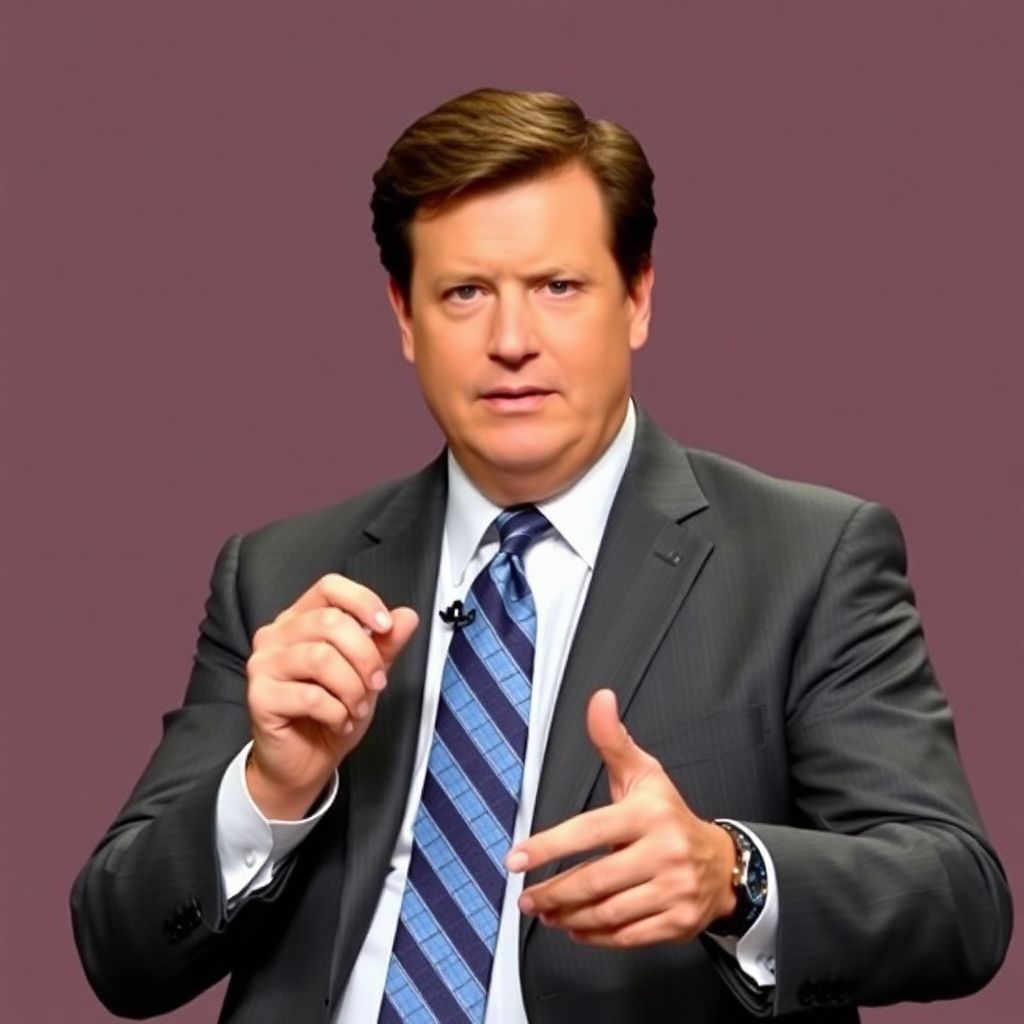Tucker Carlson has sparked controversy with bold claims about cryptocurrency, expressing distrust in digital assets and reviving a long-standing conspiracy theory suggesting that Bitcoin was created by the CIA. Speaking at a Turning Point USA event, Carlson criticized the lack of privacy in crypto and labeled digital money as a tool for “totalitarian control,” drawing immediate pushback from crypto enthusiasts.
While addressing the audience, Carlson was asked whether he holds any Bitcoin. He responded by praising the concept of financial freedom but confessed that he avoids investing in assets he doesn’t fully comprehend. Emphasizing his skepticism, he said, “Once the money is mine, I can do what I want with it.” Despite his support for certain figures in the crypto movement—such as his defense of Roger Ver, who he described as a victim of political persecution—Carlson maintains a cautious distance from digital currencies.
His main concern lies in the transparency and traceability of crypto transactions. According to Carlson, digital money threatens personal liberties and could be used by governments and financial institutions to monitor and control citizens. He warned that the financial elite might eventually manipulate crypto for their own benefit, transforming it into a mechanism of social control.
Carlson’s remarks echo broader fears surrounding central bank digital currencies (CBDCs), which are state-backed digital versions of national currencies. Countries like China, Russia, and members of the European Union have been actively developing their own CBDCs, raising questions about surveillance and data privacy. In contrast, the United States has officially rejected the idea of a government-issued digital dollar—at least for now.
In 2025, then-President Donald Trump signed legislation that prohibited the creation and use of a CBDC in the U.S., citing concerns over government overreach. The legislation, titled “Strengthening American Leadership in Digital Financial Technology,” emphasized the importance of private innovation over centralized control. As a result, the U.S. has leaned toward supporting privately issued stablecoins, such as those backed by the U.S. dollar, rather than pursuing a centralized digital currency.
However, Carlson’s fears about surveillance are not entirely unfounded. The U.S. Treasury has already begun exploring ways to monitor stablecoin transactions under the guise of preventing financial crimes. In mid-2023, the department invited public feedback on how digital asset activity should be tracked. This initiative, while intended to modernize financial oversight, has raised alarms among privacy advocates who see it as a potential step toward digital surveillance.
Coinbase’s Chief Legal Officer, Paul Grewal, responded with an open letter offering solutions to preserve user privacy while improving security. Still, critics worry that such measures could erode the foundational promise of cryptocurrency as a decentralized and anonymous alternative to traditional banking.
Carlson’s theory about Bitcoin’s origins—namely, that the CIA may have been involved—has been circulating in fringe circles for years. He questioned the anonymity of Bitcoin’s mysterious creator, Satoshi Nakamoto, whose identity remains unknown and who is believed to control a vast amount of dormant Bitcoin. For Carlson, the secrecy surrounding Nakamoto is a red flag.
He explained, “You’re asking me to invest in an asset created by someone no one knows, with billions in untouched Bitcoin. That matters to me. Why does no one have an answer for that?” He added that even prominent Bitcoin holders he knows personally dismiss the issue, but he remains unconvinced.
While there is no concrete evidence linking the CIA to Bitcoin’s creation, the theory persists, fueled by the cryptocurrency’s early adoption by libertarians and tech-savvy users, and its appeal to those seeking alternatives to government-controlled financial systems. The idea that a government agency might have seeded such a disruptive technology is a compelling narrative for skeptics like Carlson, even if it lacks substantiated proof.
Despite his concerns, Carlson’s criticisms have prompted a broader discussion about the future of money, privacy, and digital autonomy. His fears reflect a growing unease among those who see technological advancement as a double-edged sword—offering empowerment on one hand, and control on the other.
Importantly, not all cryptocurrencies are created equal when it comes to privacy. While Bitcoin is pseudonymous, every transaction is recorded on a public ledger. Other digital currencies, such as Monero or Zcash, were specifically designed with enhanced privacy features, making them more resistant to tracking. Carlson did not differentiate between these types of assets, which may have skewed his perception of the crypto landscape.
His comments also highlight a generational divide in attitudes toward crypto. While older generations may view digital assets with suspicion, younger people—facing rising inflation, student debt, and limited career prospects—often see crypto as a vehicle for financial independence. Carlson acknowledged this, suggesting that youth are drawn to digital assets out of necessity, not ideology.
Yet, many in the crypto community argue that the real danger lies not in the technology itself but in how it is regulated and adopted. Centralized exchanges, compliance-heavy platforms, and invasive government policies threaten to dilute the original promise of decentralization. In this context, Carlson’s remarks serve as a warning: that without vigilance, crypto could be co-opted by the very powers it was meant to disrupt.
The future of digital finance remains uncertain. As governments around the world grapple with how to regulate cryptocurrencies, the balance between innovation and control will be pivotal. Policymakers must tread carefully—preserving user privacy, fostering innovation, and ensuring that digital assets remain a force for individual empowerment rather than a tool for state surveillance.
In conclusion, while Tucker Carlson’s theory about the CIA creating Bitcoin lacks concrete evidence and veers into conspiracy territory, his broader concerns about privacy, control, and government intrusion are not without merit. His skepticism invites a necessary conversation about the direction in which digital finance is heading—and who ultimately stands to benefit.

